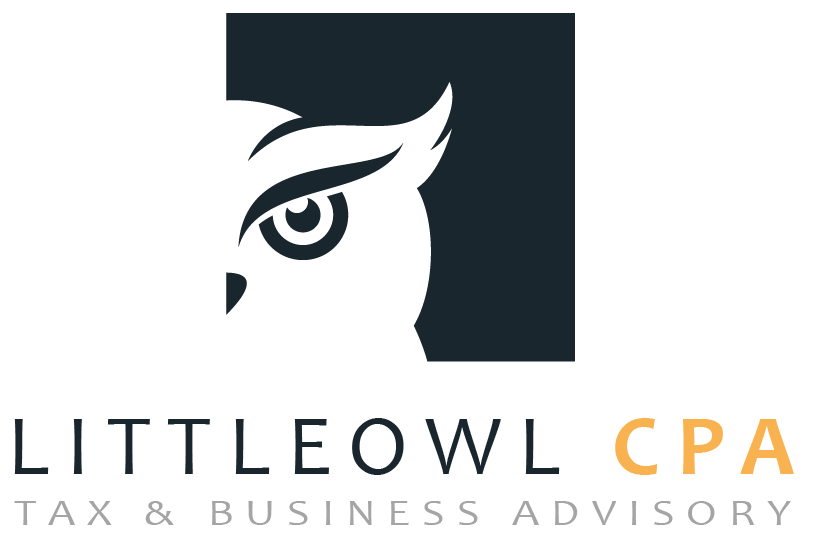As tax season approaches, many individuals and businesses are on the lookout for ways to lower their tax liability. One often-overlooked strategy is to take advantage of hidden tax deductions. These deductions may not be as well-known as others, but they can still provide significant savings on your taxes.
Here are a few hidden tax deductions that you should be aware of:
Educator Expenses
Eligible educators can deduct up to $300 (per taxpayer) of qualified out-of-pocket expenses paid in 2022. Eligible educators include K-12 teachers, instructors, counselors, principals, or aides in a school for at least 900 hours during a school year.
Student loan interest
The student loan interest deduction allows borrowers to deduct up to $2,500 worth of interest paid on qualified student loans. Generally, federal student loans, private bank loans, college loans, and state loans are eligible. However, the debt must have been incurred while the student was attending school on at least a half-time basis in a program leading to a degree, certificate, or other recognized educational credential. Your ability to take the student loan interest deduction depends on your income. For 2023, to take the full $2,500 deduction (assuming that much interest is paid during the year) single filers must have a MAGI of $70,000 or less and joint filers $145,000 or less.
Points on a Refinanced Mortgage
If you pay points when you refinance your mortgage, you may be able to deduct them. In order for points to be deductible, they must have been charged by your lender as up-front interest in return for a lower interest rate on your loan. Points paid on a refinanced loan usually cannot be deducted in the year that you paid them. Instead, the points may need to be amortized over the life of the loan.
Charitable Mileage
Mileage incurred while performing charitable services (such as volunteering) can be deducted using a standard mileage rate of 14 cents per mile. To be deductible, the taxpayer must itemize deductions.
Out-of-pocket charitable Expenses
Taxpayers who make charitable donations can deduct the value of any out-of-pocket expenses incurred while performing volunteer work, such as the cost of gas and supplies.
Non-cash charitable donations
If you give property to a qualified charitable organization, you generally can deduct the fair market value (FMV) of the property at the time you give it to the charity. FMV is the price a willing seller receives from a willing buyer for the property, with both knowing relevant facts about the property. You cannot take a deduction for clothing or household items donated unless the clothing or household items are in good used condition or better.
State sales tax deduction
Taxpayers who itemize their deductions can choose to deduct either their state income taxes or their state sales taxes. For taxpayers in states without an income tax, this can be a significant savings. Additionally, if you made a large purchase such as a car or boat during the tax year, you may be able to deduct the sales tax paid on the purchase.
Gambling losses
Gambling losses incurred in the calendar year can be claimed as an other itemized deduction to the extent of gambling winnings. Gambling losses are not other deductible against income other than gambling winnings and do not carry-forward.
Business use of your home
Taxpayers that use a portion of their home for business purposes may be able to deduct a portion of their home expenses, such as mortgage interest and utilities. For federal tax purposes, this deduction is only available to business owners and self-employed taxpayers. Some states allow this tax deduction for employees.
It’s important to note that these deductions have certain qualifications and limitations, so it’s always best to consult with a tax professional or review the IRS guidelines to ensure that you qualify before claiming these deductions.
If you have questions about how this topic will impact you, Team LittleOwl CPA is here to help. Schedule a discovery call today!

About Tabitha Regan
Tabitha Regan is the Founder and CEO of LittleOwl CPA. She is a Certified Public Accountant, Certified Financial Planner™ and Personal Financial Specialist. In her 16+ year career span, she has developed an expertise in the specific needs of small businesses and busy professionals with accounting, tax and advisory services.


